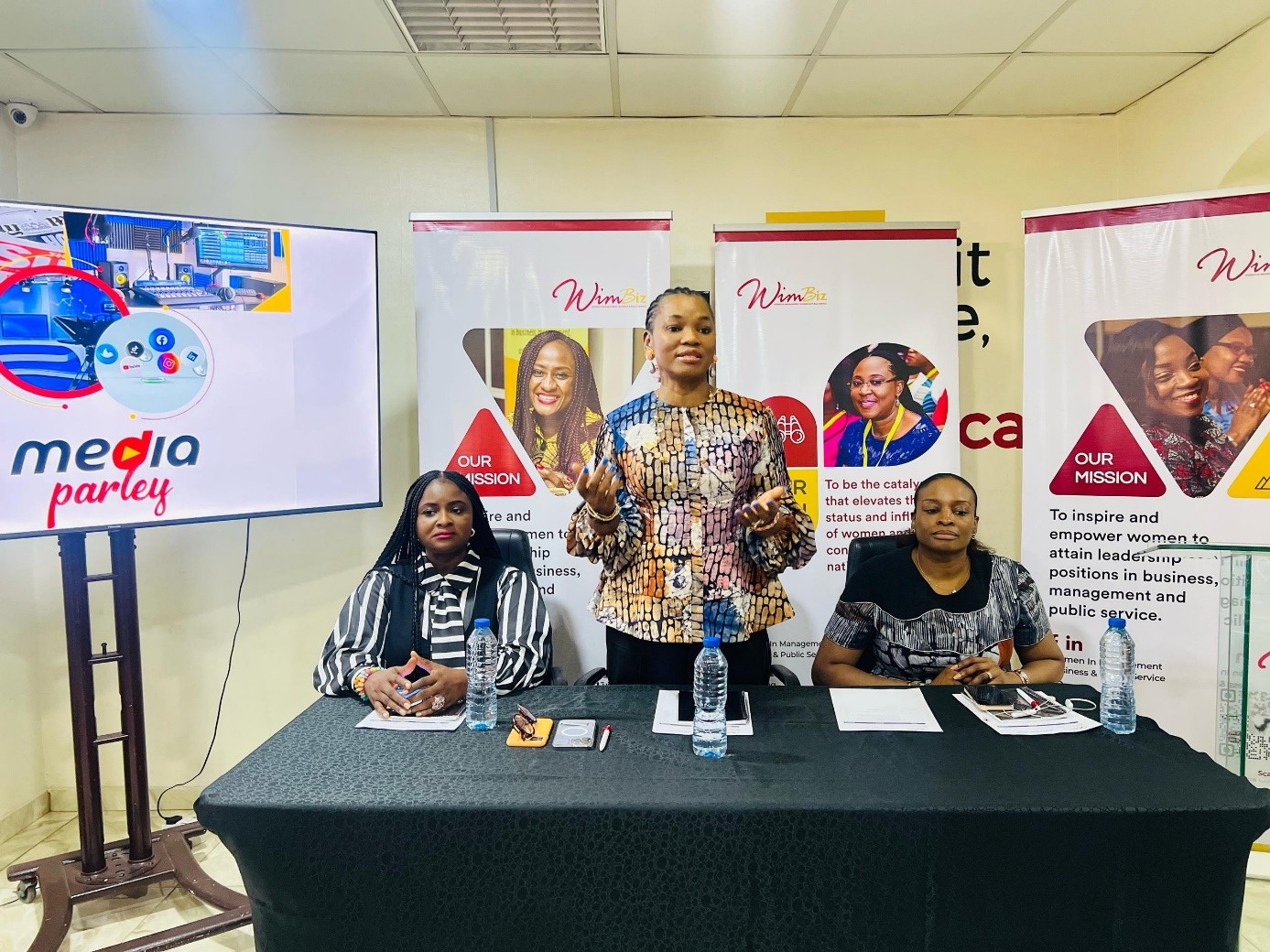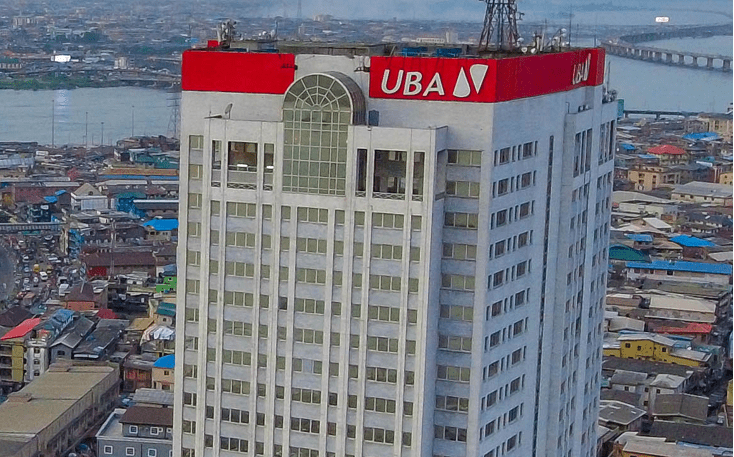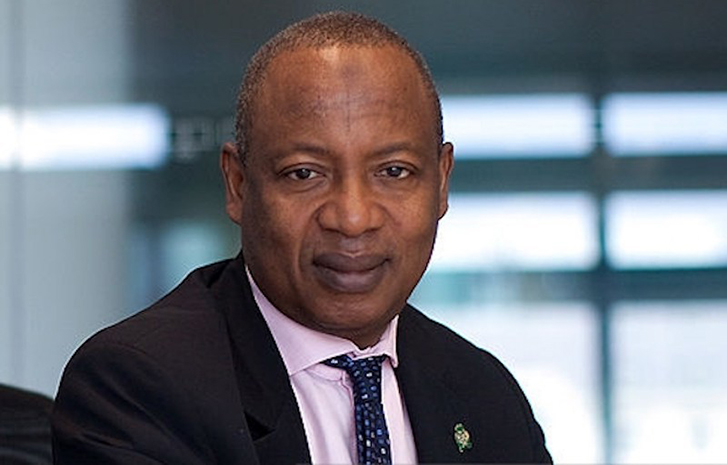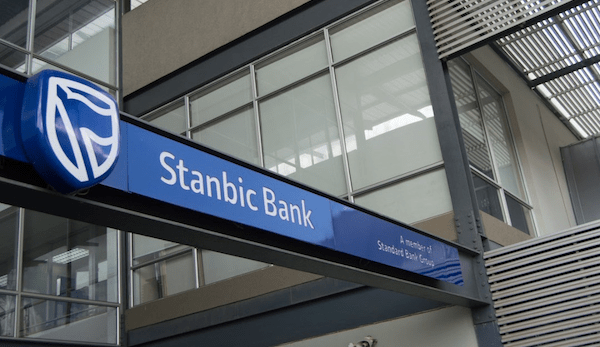Oghenevwede Ohwovoriole in Abuja
The Senate President, Sen. Godswill Akpabio, has said the practice of exporting the nation’s raw materials in its rawest form without value addition must stop.
The Senate President spoke at the public hearing on Raw Materials Research and Development Council (RMRDC) Act, 2022 (Amendment) Bill, 2024 (SB.606). Chaired by Sen. Aminu Abbas the chairman senate committee on in Science and Technology.
The Senate President who was represented by the Senate Deputy Chief Whip, Sen. Onyekachi Nwaebonyi, who sponsored the bill, read the Senate president’s speech and vowed that the practice of exporting the nation’s raw materials in its rawest form must stop.
“It is trite to say that our country, Nigeria, is so blessed with abundant natural resources only to extract these, our natural wealth, from the bowels of our land and ship them abroad in its rawest form, thereby allowing the foreign industries to reap all the benefits that naturally should have belonged to our people, Nigerians.
“This practice must not continue, and that is the rationale behind this bill, and we are here today to change the narrative.
“This bill before us seeks to be a game changer, as it seeks to enshrine a fundamental economic truth that no nation can attain a true economic greatness by exporting its wealth in its crudest form without processing them to at least a minimum of 30 percent before exporting them.
“This bill seeks to make it mandatory that every raw material available in Nigeria must be processed at least to 30 percent before export.” he said.
“By so doing, jobs are created, value is added to our economy. Distinguished colleagues, stakeholders, and patriotic Nigerians, let history remember this day as a day we choose to walk in the path of progress over complacency. This being passed will be a foundation upon our economic triumph as a nation,” he advised
Earlier, he said “We are here not mainly as lawmakers, policy makers, or industry experts, but as custodians of Nigeria’s economic destiny. Our decision taking here today will determine our economic future as a nation.”
The chairman senate committee on science and technology who chaired the public hearing noted that the bill seems to create jobs and increase revenue for the nation. And promised to work with all stakeholders to actaulise the bill.
The Director General RMRDC, Prof. Nnanyelugo Ike-Muonso, told the gathering that the choice before Nigeria is for them to chose their economic part.





